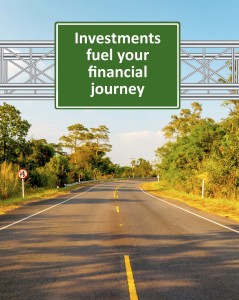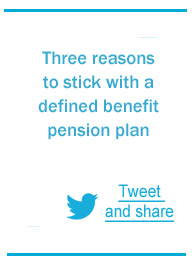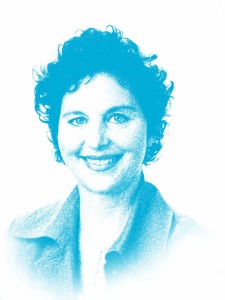One of my clients was recently shopping for a new investment advisor and, on my recommendation, interviewed several to see if she could find a good fit. While she found all of the advisors she spoke with to be approachable and very knowledgeable, none of them could assure her that they would be able to predict the next market downturn in time to protect her investments from a drop in value. She was also a little disconcerted that one advisor’s prediction about the market was the exact opposite of what another said. Disheartened, she came to this conclusion – “basically they have no idea”.
While this statement may be a little jarring, I think she accurately captured how people are feeling these days. If advisors don’t know, what are we paying them for and where does that leave us? As a consequence of the breakdown of trust in our “experts”, there’s been a big movement to the “do-it-yourself” model. This works well for some, but it leaves a lot of folks who are already feeling maxed out with life responsibilities feeling stressed, vulnerable and unable to move forward with their finances. Clearly there is still a need and important role for advisors to play.
Fortunately there is a new advice model evolving in the market place. The old “expert-client” model where the advisor “knows all” and the client “knows nothing” is being replaced by a more collaborative relationship. This profound paradigm shift can be troubling for both the advisor and the investor who aren’t prepared for this monumental change in how we do business. On the other hand, it can lead to a much healthier approach to money management. Let’s face it; financial advisors are neither soothsayers nor all-knowing experts (as this past year has certainly demonstrated). And, thanks largely due to the internet, clients are much better informed than ever before. Financial advisors are still a valuable resource – we simply need to get more involved, redefine our expectations and learn how to work together better.
Become an Informed Consumer of Financial Services
By becoming educated, involved and on top of your money, you will be in a better position to work more collaboratively with your financial advisors. You’ll have the confidence to be an active partner in your financial affairs rather than a passive observer or helpless victim.
So, how do you choose a financial advisor under this new model? The first task is to find someone you can trust. This can take some time and research. It starts with you being clear with your goals, the type of advice you are seeking and an awareness of what your expectations are of your advisor.
It’s best to ask for referrals and interview 2 or 3 potential advisors. Ask hard questions and remember – the advisor is there to serve you so make sure they are listening to you and treating you with respect.
Questions to ask:
Can you describe the type of clients you serve?
Do you have a minimum investment or net worth requirement?
What are your qualifications?
What are the fees for your services and any products/investments you sell?
How are you compensated?
What products and services do you offer?
How often will we meet and how much contact will we have?
Will I be working with you or with your assistant?
More questions for advisors who manage investments:
What is your investment philosophy or approach?
What can I expect from you in market downturns?
How will I know how much money I’m making?
How is my rate of return reported to me?
How often will I receive my statements?
Will you explain them to me?
Even if you work with a financial advisor, it is up to you to educate yourself so that you can delegate, not abdicate responsibility for your money. And trust your gut – if you don’t feel good about your connection with the advisor then move on to someone else. – Karin Mizgala
Karin Mizgala is a Vancouver-based fee-only financial planner with an MBA and a degree in psychology. She’s the President of LifeDesign Financial and co-founder of the Women’s Financial Learning Centre.
 As a fee-for-service financial planner it’s not unusual to be approached for a “quick” portfolio review. “Can you just look over my investments?” or “Can you tell me if I’m saving enough?” As much as it’s in my nature to want to help people, it would be unethical and unprofessional to advise someone without a comprehensive look at their finances and a clear understanding of their goals.
As a fee-for-service financial planner it’s not unusual to be approached for a “quick” portfolio review. “Can you just look over my investments?” or “Can you tell me if I’m saving enough?” As much as it’s in my nature to want to help people, it would be unethical and unprofessional to advise someone without a comprehensive look at their finances and a clear understanding of their goals.


 Question from Derrick Alstein, Port Elgin, age 60:
Question from Derrick Alstein, Port Elgin, age 60:
 But what we have to remember is that markets always have their ups and downs. Easier said than done I know, but it’s best not to succumb to emotion or panic selling.
But what we have to remember is that markets always have their ups and downs. Easier said than done I know, but it’s best not to succumb to emotion or panic selling.
 Our guest speaker this month is Garth Rustand, Executive Director of Investors-Aid Co-operative of Canada and he will introduce you to a different way to get information and make decisions about your investments.
Our guest speaker this month is Garth Rustand, Executive Director of Investors-Aid Co-operative of Canada and he will introduce you to a different way to get information and make decisions about your investments.